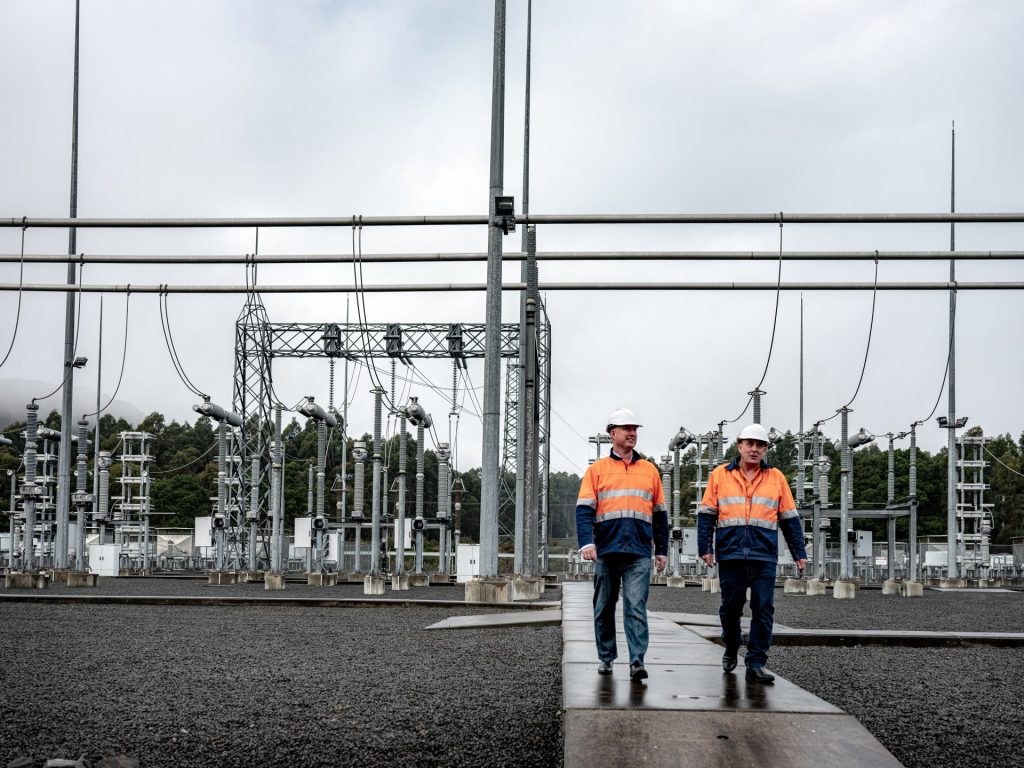The Basslink group, a subsidiary of the Singapore-headquartered Keppel Infrastructure Trust, was last year ordered to pay more than $70 million to Hydro Tasmania and the state government over a months-long failure of the interconnector which contributed to an energy crisis in the island state.
In October, the Tasmanian government announced it was taking legal action to recover the money after ending an standstill agreement to defer payments to allow Basslink to refinance its debt and meet its commitments.
Basslink on Friday announced companies in the Basslink group had entered voluntary administration. The companies have appointed Ernst and Young as voluntary administrators and their lenders have appointed KPMG as receivers.
Basslink chief executive officer Malcolm Eccles said the “difficult” decision was made because of the ongoing dispute with state-government-owned Hydro Tasmania and an unsuccessful sale process with APA Group.
“Basslink has operated in a highly challenging environment for some time,” Eccles said in a statement.
“Regrettably, against the backdrop of many issues and having exhausted options, Basslink needed to take proactive action to put Basslink in the best possible position to navigate forward through these challenges.”
Eccles said the decision to appoint administrators was made with the long-term interests of Basslink, its creditors and employees in mind.
“Given the issues as a result of the cessation of discussions with APA and the ongoing disputes with Hydro Tasmania, it felt that administration was the best way to effect change while protecting all stakeholders,” he said.
Eccles said the Basslink interconnector continues to operate efficiently and reliably, connecting Tasmania to the National Electricity Market (NEM).
“We continue to serve the communities of Tasmania and Victoria, providing a reliable and sustainable source of energy,” he said.
Tasmanian Energy Minister Guy Barnett said the Basslink contracts contain provisions which enable the interconnector to continue to operate through the process, connecting Tasmania to the NEM.
“Our state’s energy security remains on a very firm footing and in fact it has never been more secure,” he said.
Barnett said the security is underpinned by the state’s hydro storage level which, as of this week, sits at 52.6%, the highest level since 2014.
He also pointed to the commissioning late last year of the Cattle Hill and Granville Harbour wind farms which enabled Tasmania to become the first jurisdiction in Australia to be 100% self-sufficient in renewable electricity.
Barnett said the state government and Hydro Tasmania will now engage with Basslink’s financiers and administrators.
Ernst and Young representative Adam Nikitins said the administrators will now undertake a preliminary review and assessment of the Basslink’s operations.
“Over the coming weeks we will be seeking to assess the best options for the business with a view to restructuring it for a more sustainable future,” he said.
This content is protected by copyright and may not be reused. If you want to cooperate with us and would like to reuse some of our content, please contact: editors@pv-magazine.com.









By submitting this form you agree to pv magazine using your data for the purposes of publishing your comment.
Your personal data will only be disclosed or otherwise transmitted to third parties for the purposes of spam filtering or if this is necessary for technical maintenance of the website. Any other transfer to third parties will not take place unless this is justified on the basis of applicable data protection regulations or if pv magazine is legally obliged to do so.
You may revoke this consent at any time with effect for the future, in which case your personal data will be deleted immediately. Otherwise, your data will be deleted if pv magazine has processed your request or the purpose of data storage is fulfilled.
Further information on data privacy can be found in our Data Protection Policy.